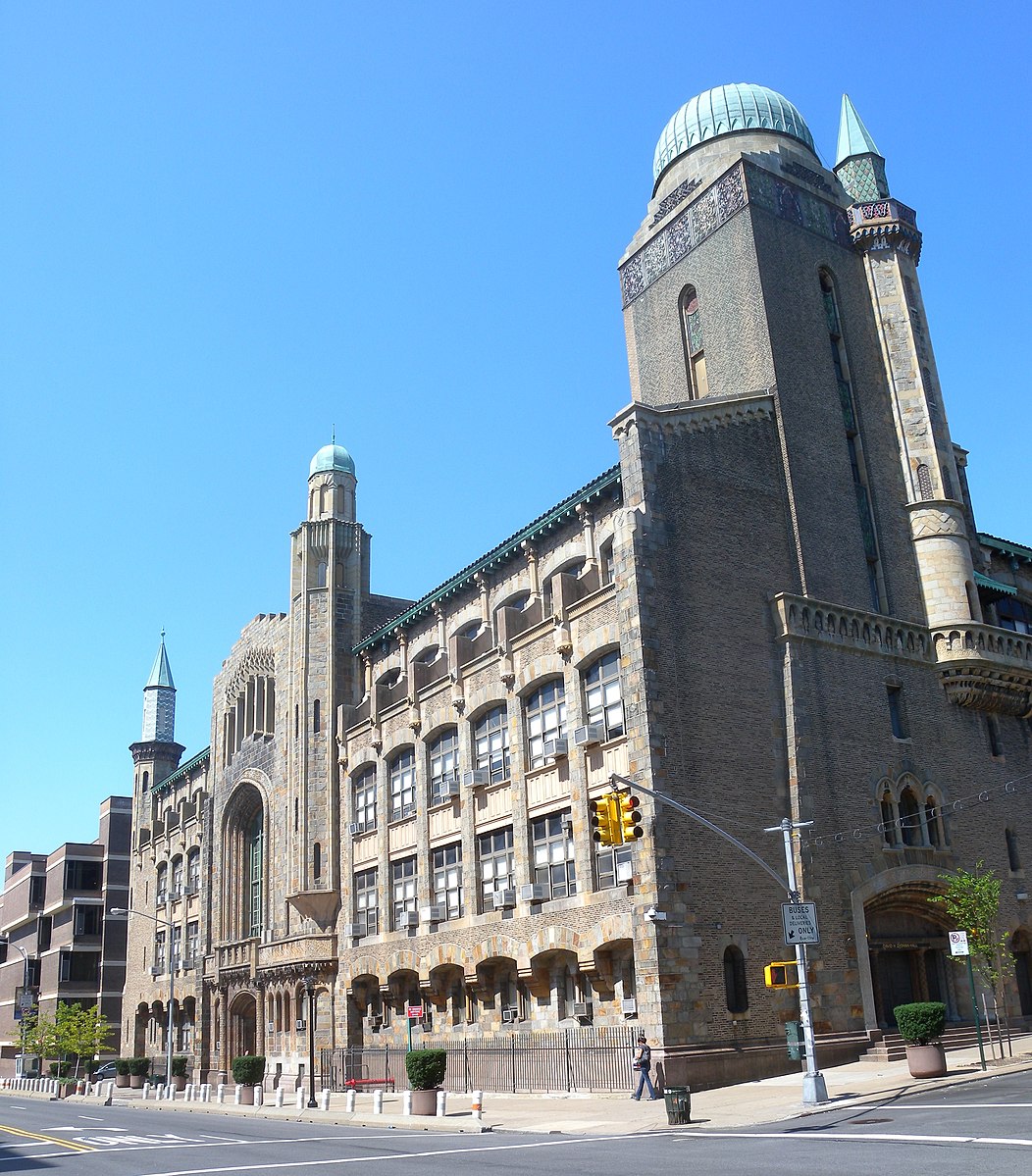![]()
Early in April 2021, an LGBTQ+ student organization, Yeshiva University Pride Alliance (YU), filed a lawsuit against Yeshiva University, a modern Orthodox Jewish private University, claiming the University was violating their human rights. YU Pride Alliance alleged that they were being unfairly harmed and discriminated against because Yeshiva University refused to recognize their organization as a university-recognized club.
As of September 2022, tensions escalated between the university and the YU Pride Alliance. Yeshiva announced that they would be suspending all extracurricular clubs and organizations, following the Supreme Court’s refusal to grant emergency injunctive relief for the campus, which could have allowed the University to continue to refuse to officially recognize the student group while lower courts decided the case. YU Pride Alliance then agreed to not force the school’s administration to recognize the group until the legal action was resolved so that all other official organizations could operate as planned, as reported by Nate Raymond for a Reuters article.
This has sparked renewed debate about the proposed limits of religious liberty in private, religious institutions. According to an article from ABC News, University administrators admitted that not recognizing the LGBTQ+ group is derived from their interpretation of Torah. Namely, they view the restrictions against homosexual conduct in a versicle in the book of Leviticus as morally restrictive on the sexual activity implicitly endorsed by the organization. Since Yeshiva University is a private, religious organization, they believe that they should have the moral and legal ability, as granted by the Constitution’s First Amendment, to maintain certain restrictions on recognized groups as well as student conduct.
Similar to Yeshiva University, Seattle Pacific University in Washington is facing lawsuits over their refusal to employ any openly practicing homosexuals. In a news release, Washington State Attorney General Bob Ferguson stated that students and potential employers are saying that the restriction, based on a sincerely held religious belief derived from Scripture and Church tradition, is in violation of federal law and their “civil rights.”
Senior philosophy major Kevin Kelsey at John Brown University, saw parallels between the case at Yeshiva University and cases against the Council of Christian Colleges and Universities.
JBU, a member of the Council for Christian Colleges & Universities, through its Community Covenant, also uses its religious liberty protections to restrict certain behaviors deemed to be inconsistent with a Christian lifestyle: smoking, drinking underage, and deviant sexual activity (including fornication, homosexuality, and transgenderism). Kelsey stated that he would be wary of the legal precedent established should Appellate Courts—or even the Supreme Court—rule against Yeshiva University, compelling the University to recognize the student group contrary to its religious convictions. He fears that similarly minded students on private Christian campuses would be emboldened to bring lawsuits against universities like John Brown University, in order to force those institutions to conform their religious beliefs to the moral preferences of a minority of students.
“I think that LGBTQ groups demanding things from religious universities will consistently prove to be a negative sum game, like it has in the Yeshiva case,” said Kelsey. “Rather than these students seeking other universities which recognize organizations like theirs, they wish to “…leave universities with only one choice that is both equal and consistent with traditional religious values: shutting down a space for everyone,” he stated.
While the case is adjudicated, religious organizations will continue to operate as they are. Yeshiva University will not recognize the YU Pride Alliance. Seattle Pacific University will not hire practicing homosexual faculty or staff. John Brown University will continue to uphold its view of Scriptural Christianity through the Covenant. Cases like Yeshiva University are bound to determine the future of religious freedom and liberty for private religious organizations.
(Photo courtesy of Jim Henderson / Wikipedia commons)





